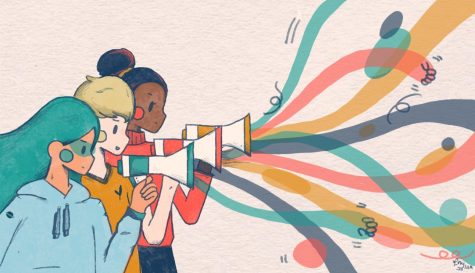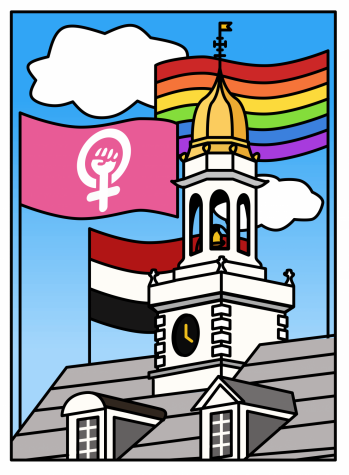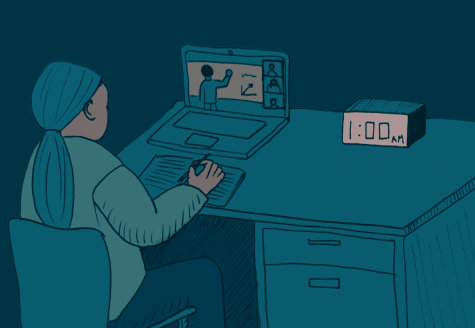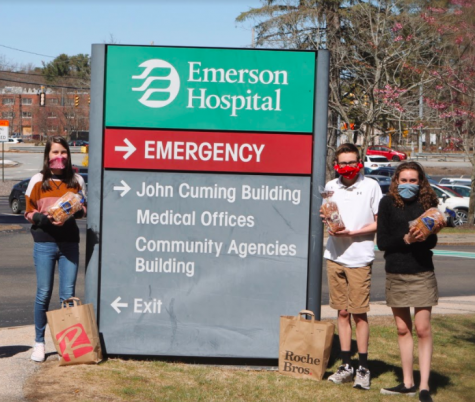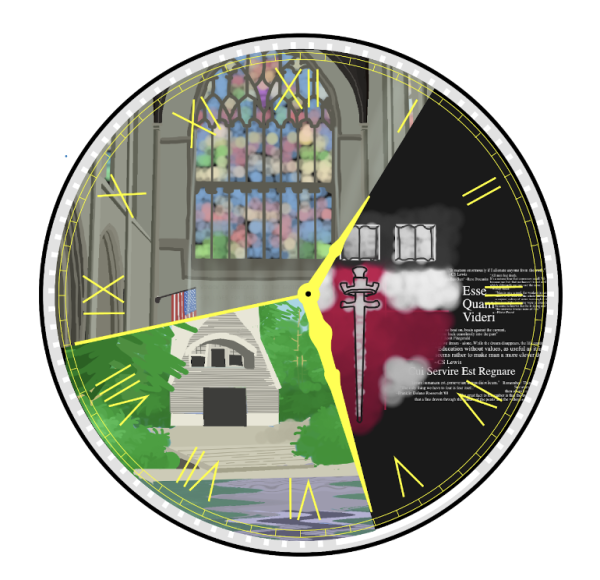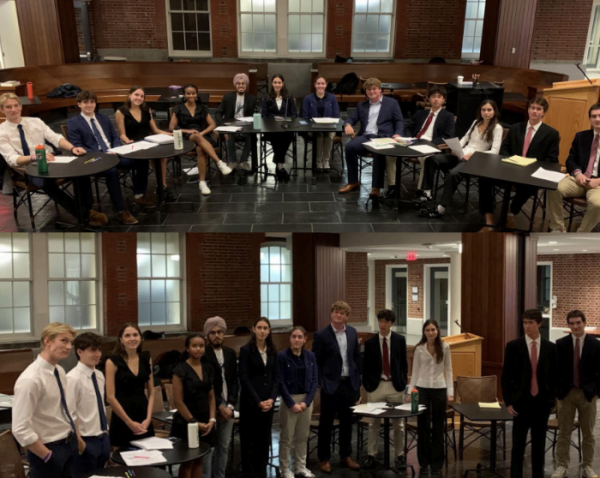Groton students join the March for Science
Earth Day was first celebrated in the United States in 1970, after the Vietnam War, smoggy industrialization, and a massive oil spill off the coast of California incited a wave of environmentalism. Forty-seven years later, the holiday’s relevance remains as global scientists come to the conclusion that anthropogenic climate change is accelerating. On April 22nd, 2017, thousands of people worldwide gathered together in a series of demonstrations under the banner of March for Science to call for increased focus among politicians on policies and laws based on science. Groton students and faculty attended the March For Science in Boston, a satellite to the largest rally in Washington, D.C.
The march’s mission statement claims that its purpose was to “[champion] robustly funded and publicly communicated science as a pillar of human freedom and prosperity.” This movement was propelled in part by the actions of U.S. President Donald Trump, whom many have criticised for his denial of climate change and proposed budget cuts to the Environmental Protection Agency. The mission statement of March for Science, however, clarifies that the protests are nonpartisan, and asked that signage be accommodating of all.
Marchers included children and adults alike, filling Boston Common with signs reading “We want alternative fuels, not facts,” “Grab ‘em by the data,” and “Girls just want to have fun(ding for their research)” among many others. “The signs were some of my favorite part,” said Neha Agarwal ‘20, who attended the event. “I wanted to go to the march because I love science. I like that there is an answer to every question, but at the same time there are so many questions you don’t know the answer to.” She and ten other members of the Groton community took a bus into Boston after Saturday classes to join in the demonstration.
“It was important to me to bring students–to have them see a piece of civic engagement,” said Science Department Head Stephen Belsky. Chemistry teacher Sandra Kelly, who brought her own children into Boston, expressed a similar sentiment: “I think it is important that kids are aware of this kind of free speech process.” The planners of the march had made a conscious effort to devise programming for all ages, incorporating a “Kids’ Corner” with hands-on activities such as planting seeds and making cloud chambers. “It was all about getting your hands into science and learning and expressing yourself in different ways” Dr. Kelly said.
The demonstration also sought to cross gender and racial divides, with a vast variety of speakers including Chiderah Okoye, president of the Boston Professional chapter of the National Society of Black Engineers, and George Q. Daley, dean of Harvard Medical School. Aside from speakers, there were also musical performances and school groups in attendance. Writing contests for students of all ages were held, the winners of which read their pieces on the mainstage on the Boston Common.
Groton students and faculty enjoyed the many events of the day, regardless of the tightly-packed crowds. “I wanted to go because I love science and I wanted to meet other people who feel similarly,” commented Blair Donohue ‘18. A head of Groton’s Medical Club, she was especially excited to meet doctors and hear about their experiences in the scientific fields. Aileen Kauffman ‘20 took particular interest in the political aspect of the movement: “I believe that our planet is warming and politicians should be listening to the science behind that.”
Not all science enthusiasts chose to attend the march, but the movement towards a more scientifically informed world takes many forms. Environmental science teacher David Black, for example, spent Earth Day at a conference writing a sustainability curriculum. Whether it be through signs, speeches, experiments, or education, scientists and students globally can all strive towards a more informed world. Bill Nye, the headline speaker at the Washington March, believes that this starts in our schools: “If we can get young people excited about science,” he said, “then we have a shot.”
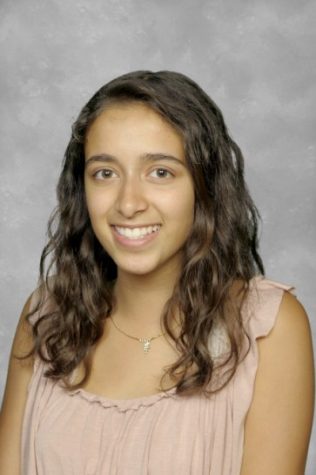
Lily Cratsley '19 is very excited to step into the role of Editor-in-Chief of the Circle Voice. Since fourth form she has been a consistent contributor, writing for...



